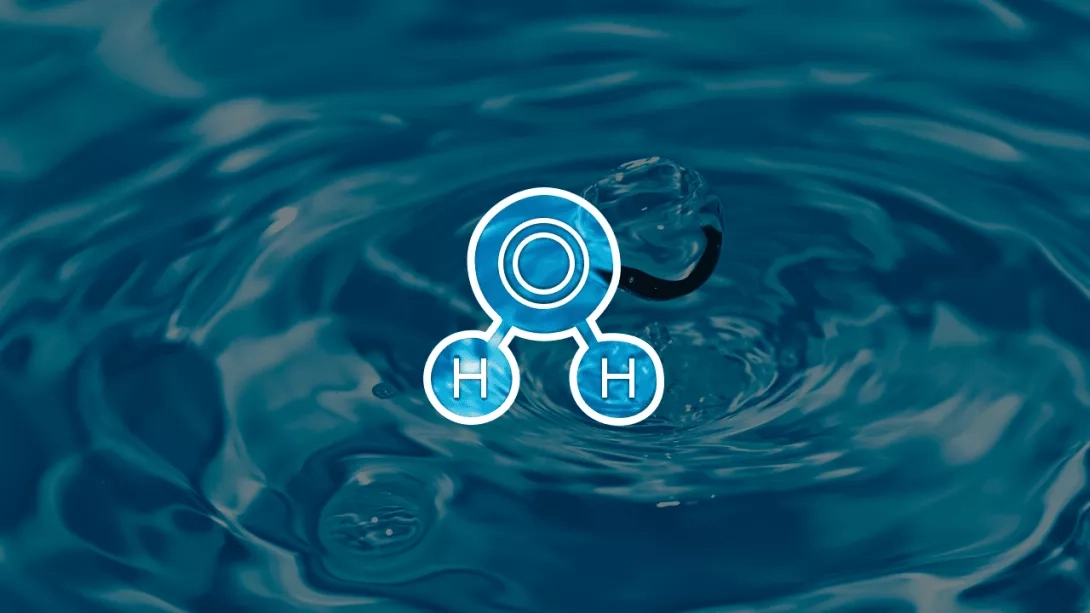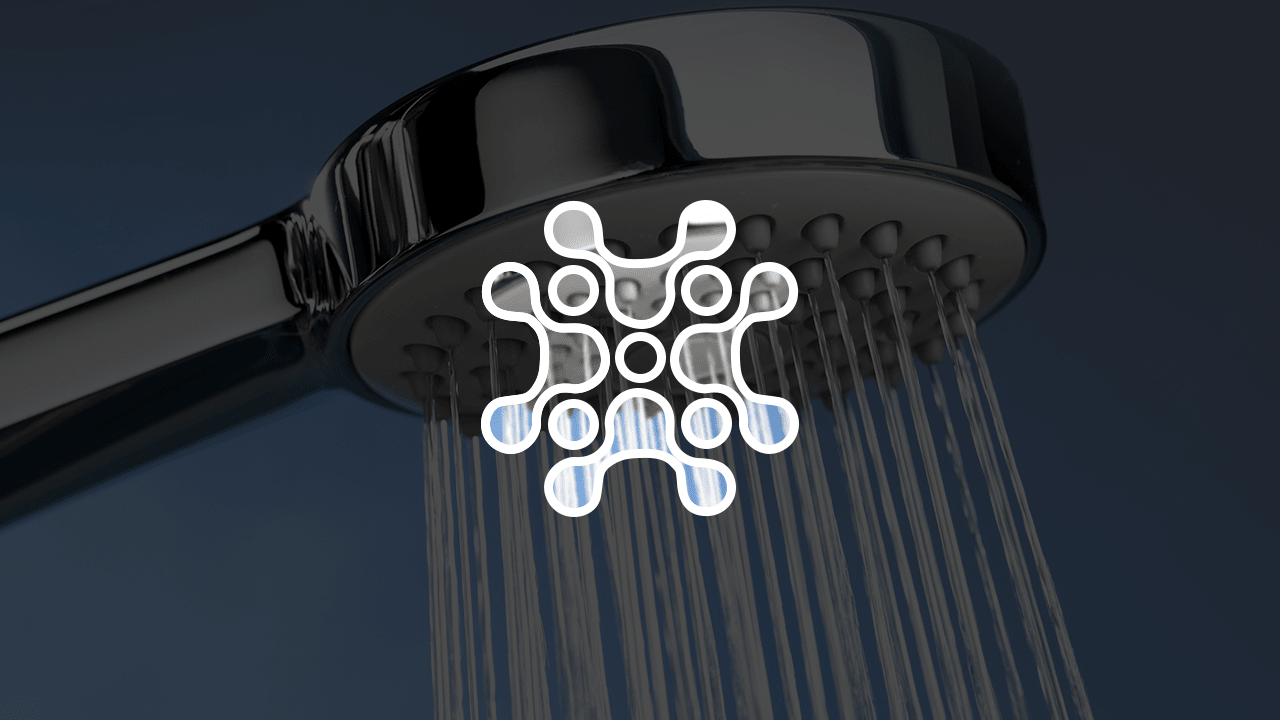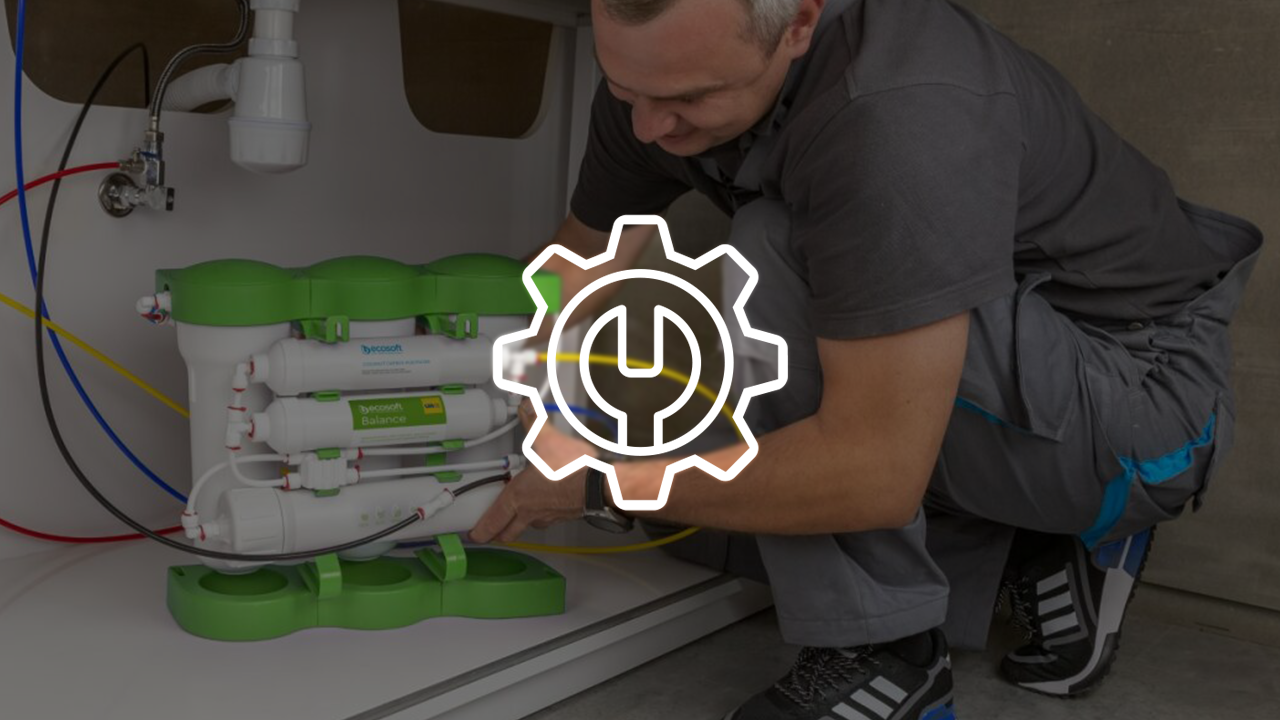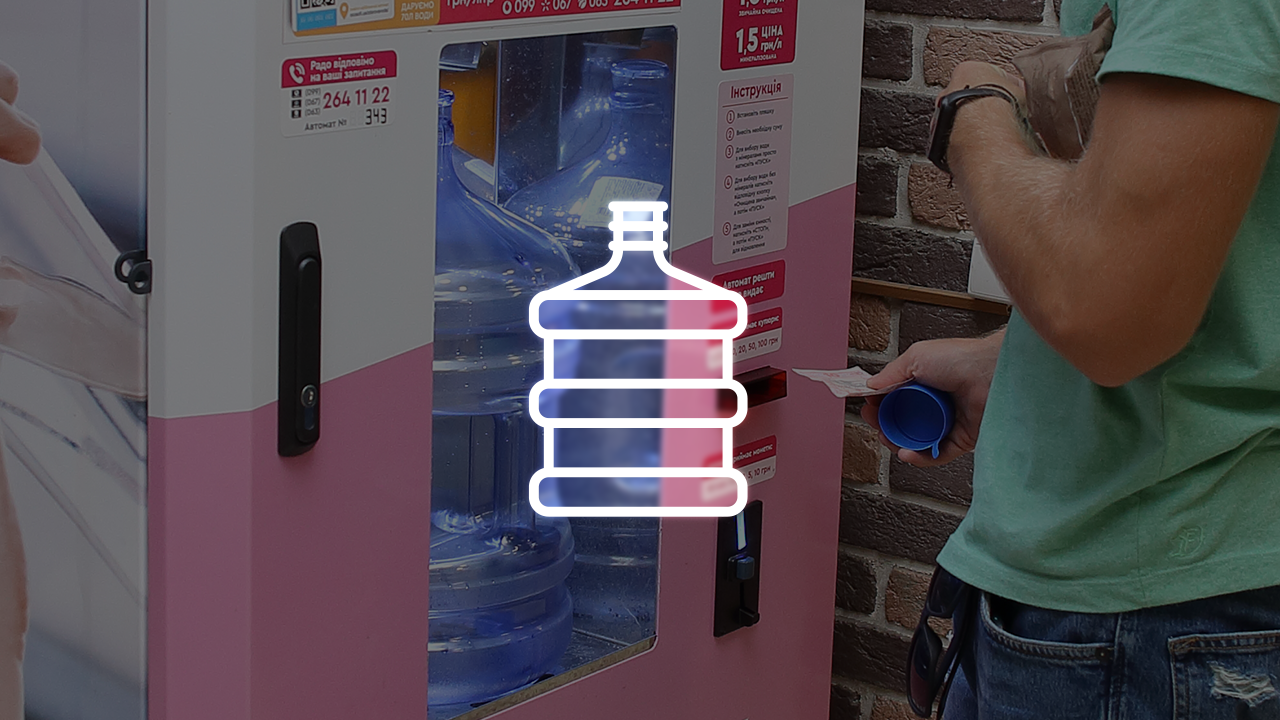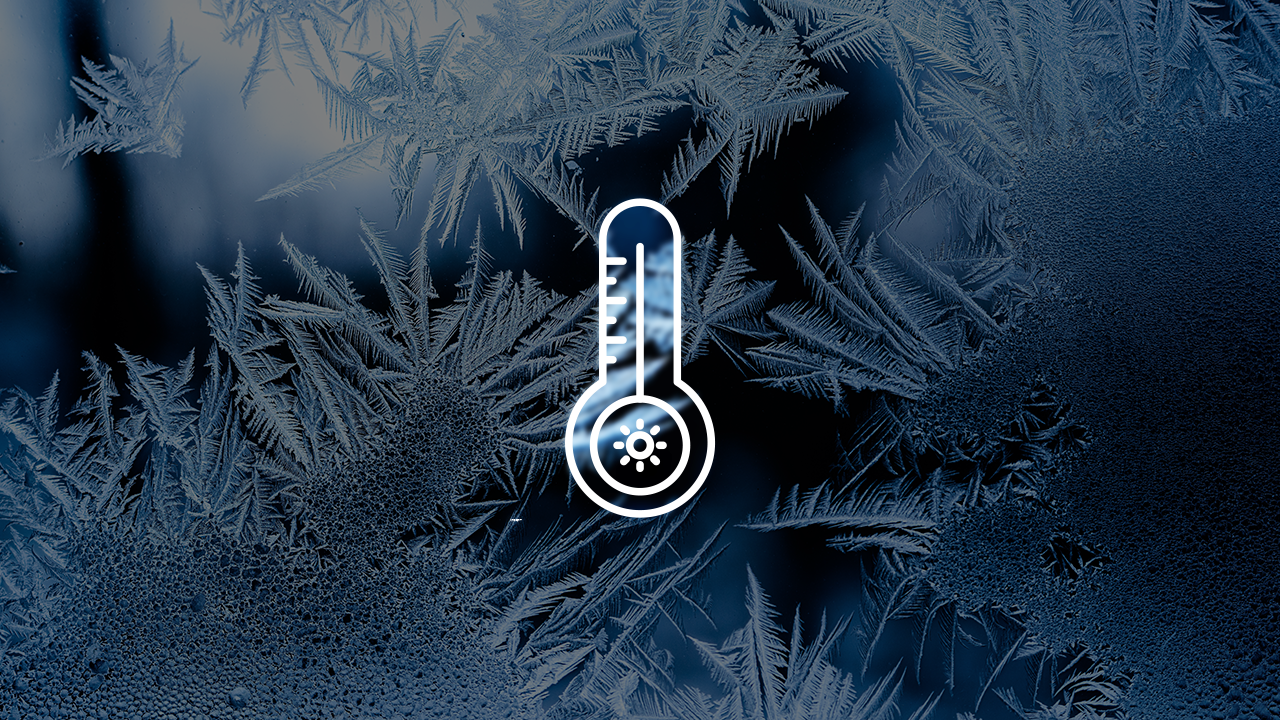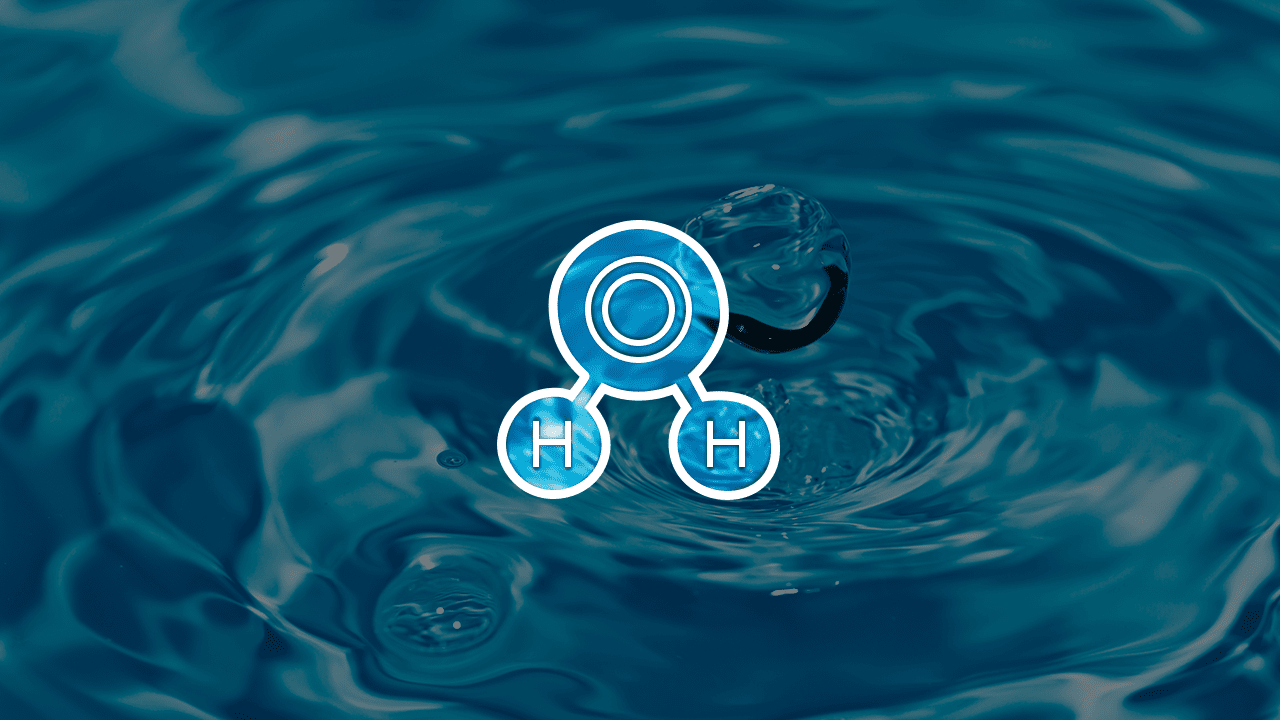La qualité de l'eau est un aspect crucial de notre vie quotidienne, car elle a un impact direct sur notre santé et sur le fonctionnement de nos systèmes domestiques. La dureté de l'eau est un paramètre important à prendre en compte. La dureté de l'eau, caractérisée par des niveaux élevés de calcium et de magnésium, peut avoir des conséquences importantes pour diverses applications. Dans cet article, nous allons explorer le concept de dureté de l'eau, les raisons de la mesurer, les méthodes de mesure, les effets négatifs de l'eau dure et les solutions possibles pour adoucir l'eau.
Qu'est-ce que la dureté de l'eau ?
La dureté de l'eau fait référence à la concentration de minéraux dissous, principalement le calcium et le magnésium, dans l'eau. Ces minéraux sont acquis lorsque l'eau percole à travers les roches et le sol, dissolvant et accumulant diverses substances en cours de route. La dureté de l'eau est généralement classée comme temporaire ou permanente. La dureté temporaire est due à la présence de bicarbonates de calcium et de magnésium, qui peuvent être éliminés en faisant bouillir l'eau. La dureté permanente, quant à elle, est due à la présence de minéraux non carbonatés et ne peut être éliminée en faisant bouillir l'eau.
Pourquoi mesurer la dureté de l'eau ?
La mesure de la dureté de l'eau est essentielle pour plusieurs raisons. Tout d'abord, elle permet de déterminer la qualité de l'eau pour des applications spécifiques. Par exemple, la dureté de l'eau est un facteur essentiel pour déterminer si l'eau convient aux processus industriels, tels que la fabrication, la brasserie et l'agriculture. En outre, la mesure de la dureté de l'eau fournit des informations précieuses aux propriétaires pour évaluer les problèmes potentiels liés à la plomberie, à l'efficacité des appareils électroménagers et aux soins personnels.
Comment mesure-t-on la dureté de l'eau ?
La dureté de l'eau est mesurée en termes de concentration d'équivalents de carbonate de calcium, exprimée en milligrammes par litre (mg/L) ou en parties par million (ppm). La méthode la plus courante pour mesurer la dureté de l'eau est le test de titrage. Ce test consiste à ajouter une solution de savon à un échantillon d'eau jusqu'à ce qu'une mousse se forme. La quantité de savon nécessaire pour former la mousse indique la dureté de l'eau. Une autre méthode consiste à utiliser des bandelettes de test ou des compteurs électroniques spécialement conçus pour mesurer la dureté de l'eau.
Effets négatifs de la dureté de l'eau :
La dureté de l'eau peut avoir plusieurs effets négatifs. L'un d'entre eux est la formation de tartre ou de dépôts minéraux dans les tuyaux de plomberie, les chauffe-eau et les appareils électroménagers. L'accumulation de tartre peut réduire l'efficacité et la durée de vie de ces systèmes, entraînant une augmentation de la consommation d'énergie et des dommages potentiels. En outre, l'eau dure peut nuire à l'efficacité des savons et des détergents, réduisant les capacités de moussage et de nettoyage. Il peut en résulter une utilisation accrue de détergents et des résultats de nettoyage médiocres. En outre, l'eau dure peut affecter la qualité des soins personnels, en laissant un résidu sur la peau et les cheveux, provoquant sécheresse et irritation.
Comment la dureté de l'eau affecte-t-elle la qualité de l'eau ?
La dureté de l'eau entraîne la formation de tartre ou de dépôts minéraux dans les systèmes de plomberie et les appareils ménagers, ce qui réduit leur efficacité et leur longévité. En outre, l'eau dure diminue l'efficacité des savons et des détergents, ce qui se traduit par des résultats de nettoyage moins satisfaisants et une utilisation potentiellement accrue de détergents. Au-delà des problèmes domestiques, les résidus d'eau dure sur la peau et les cheveux peuvent provoquer sécheresse et irritation, ce qui affecte les habitudes de soins personnels.
Comment adoucir l'eau ?
Il existe plusieurs méthodes pour adoucir l'eau dure :
- Les adoucisseurs d'eau par échange d'ions : Cette méthode implique l'utilisation d'un système d'adoucissement de l'eau, tel que l'Ecosoft HRC RobustMini, qui échange les ions calcium et magnésium avec des ions sodium par le biais d'un processus appelé échange d'ions. Cela permet de réduire efficacement la dureté de l'eau et de prévenir l'entartrage.
- Systèmes d'osmose inverse : Les systèmes d'osmose inverse, tels que l'Ecosoft MO12000, utilisent une membrane semi-perméable pour éliminer les minéraux dissous et les impuretés de l'eau. Ce processus permet d'obtenir une eau douce et purifiée convenant à diverses applications.
- Adoucissement chimique de l'eau : Des produits chimiques tels que la chaux ou le carbonate de sodium peuvent être ajoutés à l'eau dure pour précipiter les ions de calcium et de magnésium, réduisant ainsi la dureté de l'eau. Toutefois, cette méthode n'est pas adaptée à toutes les applications et nécessite un suivi attentif pour éviter un traitement excessif.
- Filtration à l'échelle de la maison : L'installation d'un système de filtration de l'eau dans toute la maison, comme le filtre Ecosoft Aquapoint Standard Whole-House Filter on Metal Rack, peut éliminer efficacement la teneur en minéraux et les impuretés, et fournir de l'eau adoucie à toute la maison.
L'importance de la dureté de l'eau se manifeste par son influence significative sur divers aspects de notre vie quotidienne. Le contrôle et la gestion des niveaux de dureté de l'eau sont essentiels pour garantir le bon fonctionnement des systèmes de plomberie, des appareils électroménagers et des soins personnels. En utilisant des méthodes telles que les adoucisseurs d'eau à échange d'ions, les systèmes d'osmose inverse, l'adoucissement chimique de l'eau ou la filtration à l'échelle de la maison, il est possible d'atténuer les effets négatifs de l'eau dure et de profiter des avantages d'une eau douce et de haute qualité dans toute la maison.
Faqs
Quels sont les effets de l'eau dure ?
L'eau dure peut avoir plusieurs effets sur la vie quotidienne. Elle peut entraîner la formation de dépôts de calcaire sur les appareils sanitaires, les appareils électroménagers et les systèmes de plomberie, réduisant ainsi leur efficacité et leur durée de vie. L'eau dure peut également nuire à la capacité des savons et des détergents à mousser, ce qui nécessite de plus grandes quantités pour obtenir l'effet nettoyant désiré. En outre, l'eau dure peut laisser des taches et des traces sur la vaisselle et la verrerie lorsqu'elles sèchent, ce qui en altère l'aspect.
Comment mesure-t-on la dureté de l'eau ?
La dureté de l'eau est généralement mesurée en milligrammes par litre (mg/L) ou en parties par million (ppm) de carbonate de calcium (CaCO₃). Cette mesure est connue sous le nom de dureté totale. Elle peut être déterminée par une analyse en laboratoire ou à l'aide de kits de test qui fournissent des résultats instantanés. Le niveau de dureté est souvent classé comme doux (moins de 60 mg/L), modérément dur (60-120 mg/L), dur (120-180 mg/L) ou très dur (plus de 180 mg/L).
La dureté de l'eau peut-elle être traitée ?
Oui, il est possible de traiter la dureté de l'eau pour en réduire les effets. L'adoucissement de l'eau est une méthode couramment utilisée pour éliminer les ions calcium et magnésium de l'eau. Il implique l'utilisation de résines échangeuses d'ions ou d'adoucisseurs d'eau à base de sel qui remplacent les ions calcium et magnésium par des ions sodium. D'autres méthodes telles que l'osmose inverse et l'adoucissement à la chaux sont également utilisées pour traiter la dureté de l'eau. Le choix du traitement dépend du niveau de dureté spécifique, du budget et d'autres facteurs.
Qu'est-ce que la dureté de l'eau ?
La dureté de l'eau fait référence à la concentration de minéraux, en particulier d'ions de calcium et de magnésium, dans l'eau. Elle mesure la capacité de l'eau à former de la mousse avec le savon. L'eau dure contient des niveaux élevés de ces minéraux, tandis que l'eau douce a des concentrations plus faibles. La dureté de l'eau est un paramètre important de la qualité de l'eau qui peut avoir divers effets sur les systèmes de plomberie, les appareils et les activités quotidiennes.
